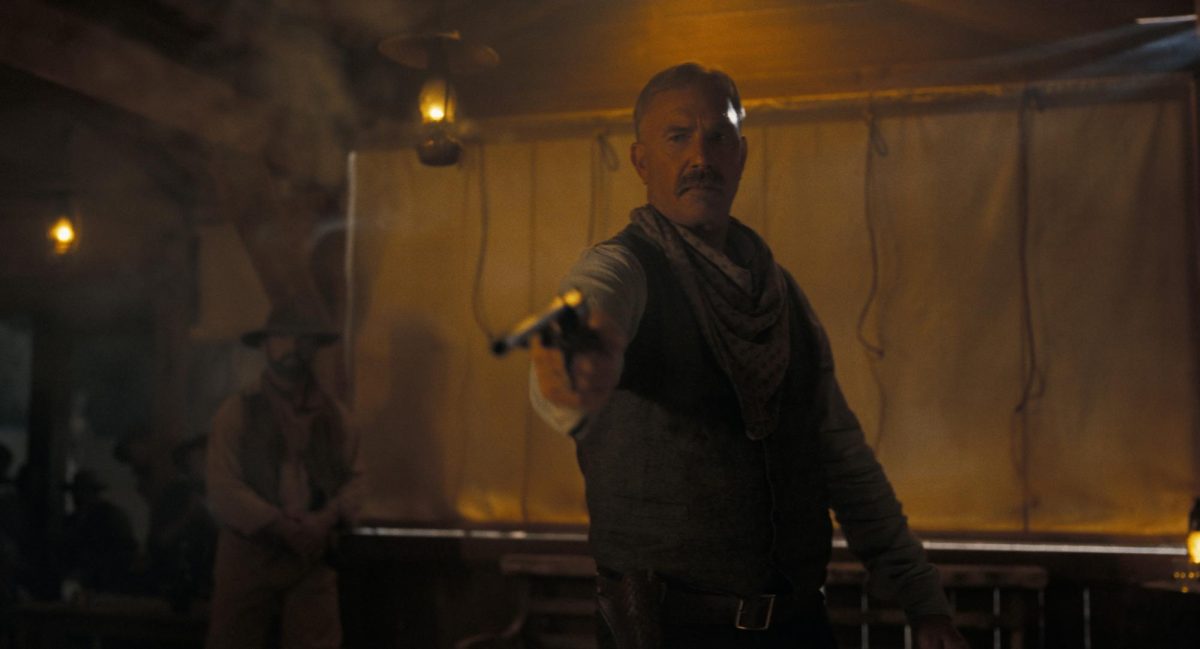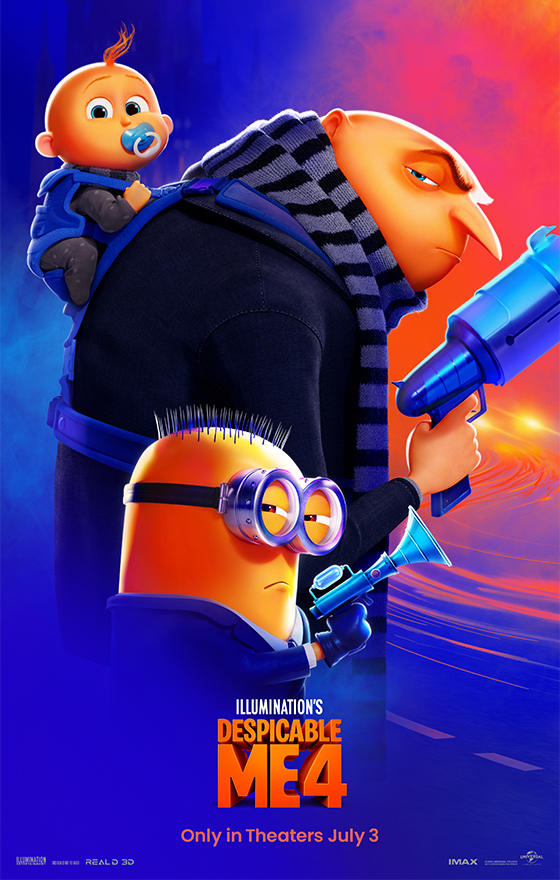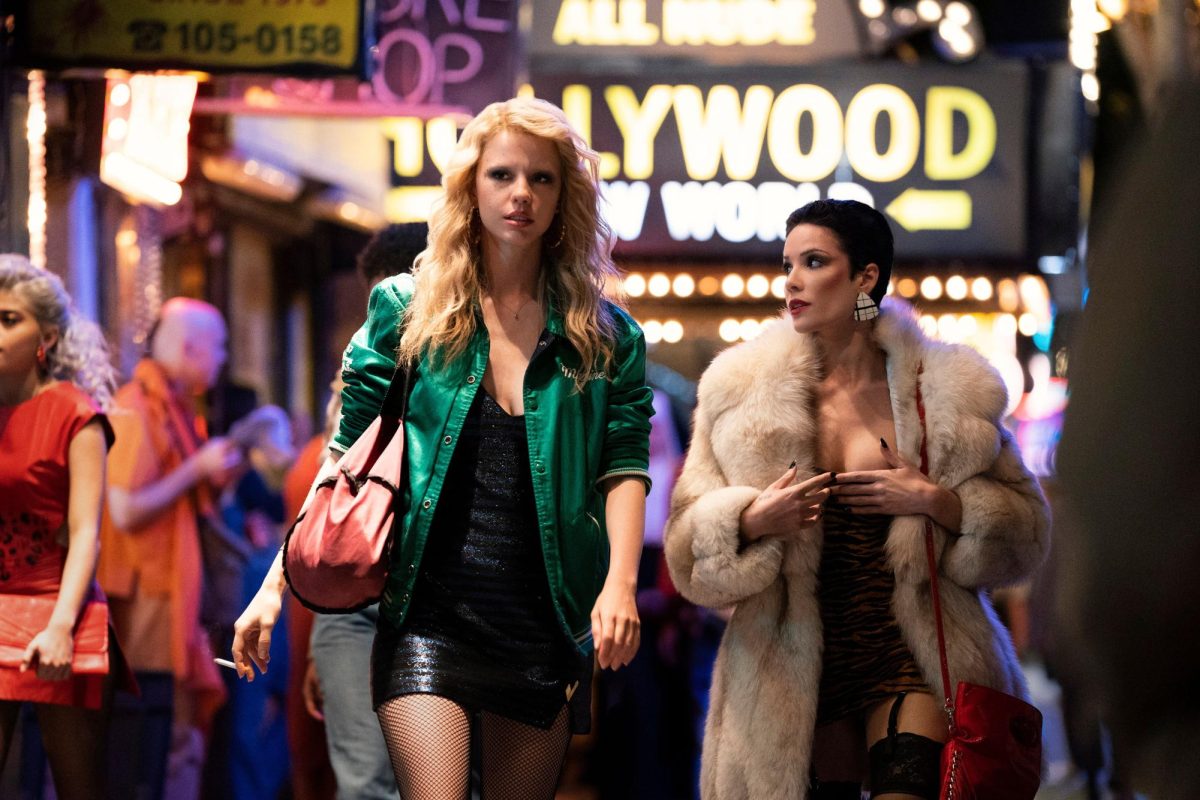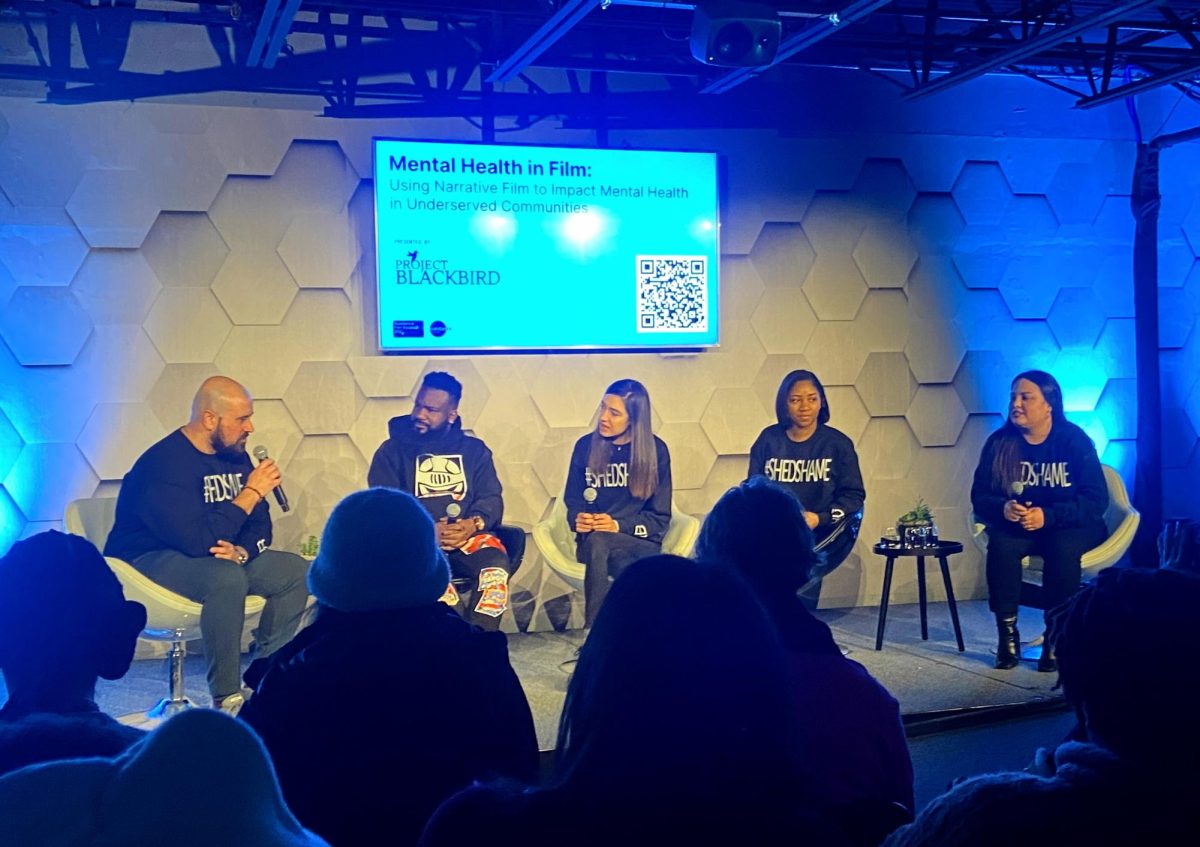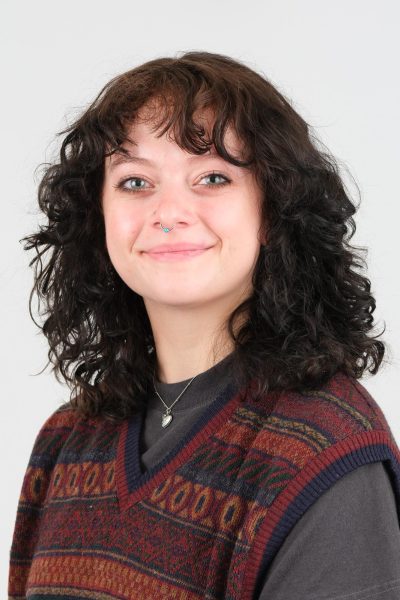Project Blackbird started with a short film about two young women in an eating disorder treatment center. The short was inspired by Alexandra Miles’ own experience in a treatment center, where she met and befriended another young woman in treatment. They connected, Miles said, over “the shared experience of shame and silence when it came to talking about mental health.”
Miles said she founded Project Blackbird about a year ago “to combat the stigma of shame and silence when it comes to mental health discussion.” The organization focuses specifically on de-stigmatizing discussion around mental health in underrepresented communities.
Project Blackbird hosted a panel on Saturday to discuss mental health in film in a partnership event with Sundance. Over two sets of panelists and a guided journaling activity, Project Blackbird brought together members of the film industry and Sundance goers to unpack experiences and feelings of shame with mental health.
Panel One
Moi Santos, manager of the Equity, Impact and Belonging Program at Sundance, moderated the first panel. She was joined by actor Lux Pascal, producer and actor Liz Cardenas, producer Latavia Young and actor and writer Dewayne Perkins.
Each panelist shared their own experiences with mental illness and the strategies they use to cope with it.
“The word mental illness gets tossed around — it can be something that you’re diagnosed with, but it can also be something that is a phase in your life, ” Cardenas said.
Cardenas discussed how depression wasn’t something she encountered until later in her life while acting as a caregiver to her parents. Every panel member, however, emphasized the importance of getting to know yourself when maintaining your mental health.
“I was in my brain a lot, so I knew in my life my relationship to myself is kind of the most important relationship,” Perkins said. He shared his experience working through a debilitating speech impediment, explaining he didn’t talk much growing up because of it, so he had to create a close relationship with himself. “I think that is kind of what mental health is to me — just the exploration of your internal psyche,” Perkins said.
Young talked about how catastrophe planning has helped her.
“Anytime I’m too scared to take a lead or to do something that I’m just scared to do, I literally think about and plan out the worst possible case scenario that could happen,” Young said. Then she’s prepared for the worst, leaving no reason not to try to go for something that scares her.
Young also talked about how she works to embrace her sensitivity and vulnerability to create. “I used to sort of brush [it] down just as a way to stay hardened by this industry and not feel down,” Young said. She added that now she realizes how making choices led by sensitivity can help set boundaries and lead you to spaces you should be in.
Similarly, Perkins talked about the importance of recognizing what you can bring to a space that nobody else can.
Panel Two
Panel two brought Alexandra Miles back onstage to talk about Project Blackbird and its future alongside Morgan Davies, who directed the short film, and Regina Bryant who starred in it. Producer Ramfis Myrthil also joined the panel moderated by Mikail Chowdhury.
Chowdhury revealed that Davies and the Project Blackbird team are working on a feature film based on the short that started the project.
“Part of eating disorders is the fact that it is horrific,” Davies said, referencing how the project evolved from a conceptual drama to a sort of elevated horror. Miles built on that, discussing how the film isn’t just about battling an eating disorder but more broadly about fear and courage.
“Somebody might not have experienced an eating disorder, you might not have that specific struggle, but you can understand fear, and you can understand courage,” Miles said, adding you end up rooting for this individual to find strength through their struggles.
Bryant, who plays a young Black woman struggling with an eating disorder in the short “Project Blackbird” took a moment to discuss the importance of representation in film, especially when it comes to depicting struggles with mental illness.
“Different communities are going to react differently to mental health,” Bryant said. She added that’s why it’s so important to start talking openly about it with a diverse group of people.
Guided Journaling
As part of their program, Project Blackbird invites the audiences of their discussions to participate in a guided journaling exercise. “Each entry shares a meaningful story and proves that sharing our stories truly do make all the difference,” the webpage for these journal entries reads.
“I wish I didn’t …” the first prompt reads, followed by “But I do it because …”
“Everybody struggles with something,” Miles said as she invited the audience to participate in the exercise. The second half of the prompt allows the writer to show compassion for themselves as they dive into why they might struggle with something.
Each journal page is tagged with a #ShedShame, growing this idea that sharing stories gives others the chance to relate to something, and help them realize they’re not alone.








